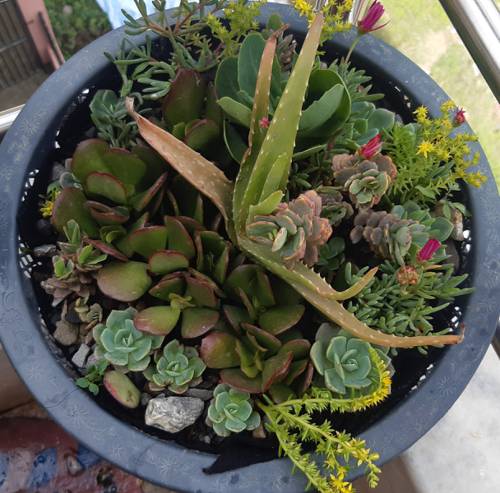
FAQ About Indoor Plant Cultural Practices Across the Globe

How is Feng Shui related to indoor plants?
Feng Shui, an ancient Chinese practice that harmonizes individuals with their environment, often involves the strategic placement of indoor plants. According to Feng Shui principles, plants like lucky bamboo and jade plant are positioned indoors to enhance energy flow, promote tranquility, and attract prosperity, as they are believed to balance and energize the space.
Other Questions About Indoor Plant Cultural Practices Across the Globe
- How do Asian cultures incorporate indoor plants in their daily lives?
- What role do indoor plants play in Scandinavian interior design?
- How are indoor plants used in Mexican cultural practices?
- What is the significance of indoor plants in Middle Eastern culture?
- Can indoor plants improve mental health according to cultural beliefs?
- How do African cultures utilize indoor plants?
- What types of indoor plants are popular in Mediterranean cultures?
- How do Australian homes incorporate indoor plants?
- Are there any specific rituals involving indoor plants in Hindu culture?
- How do indoor plants shape contemporary Western aesthetics?
- What is the impact of indoor plants on climate-specific architecture in various cultures?
- How do indigenous cultures use indoor plants in their homes?
- Are indoor plants used in Islamic rituals or architecture?
- How has the use of indoor plants evolved in urban areas globally?
- What are some common misconceptions about indoor plants in different cultures?
- How is Feng Shui related to indoor plants?
- What is the historical significance of indoor plants in European homes?
- How do indoor plants contribute to sustainable living across cultures?
- What are some popular indoor plants in Japanese culture?
- Do any Native American tribes incorporate indoor plants into their cultural practices?

Create new FAQ page, write FAQs and publish for your clients, friends, colleagues, visitors, students, customers, guests, neighbors, or yourself.
Create Your Own FAQ Page now